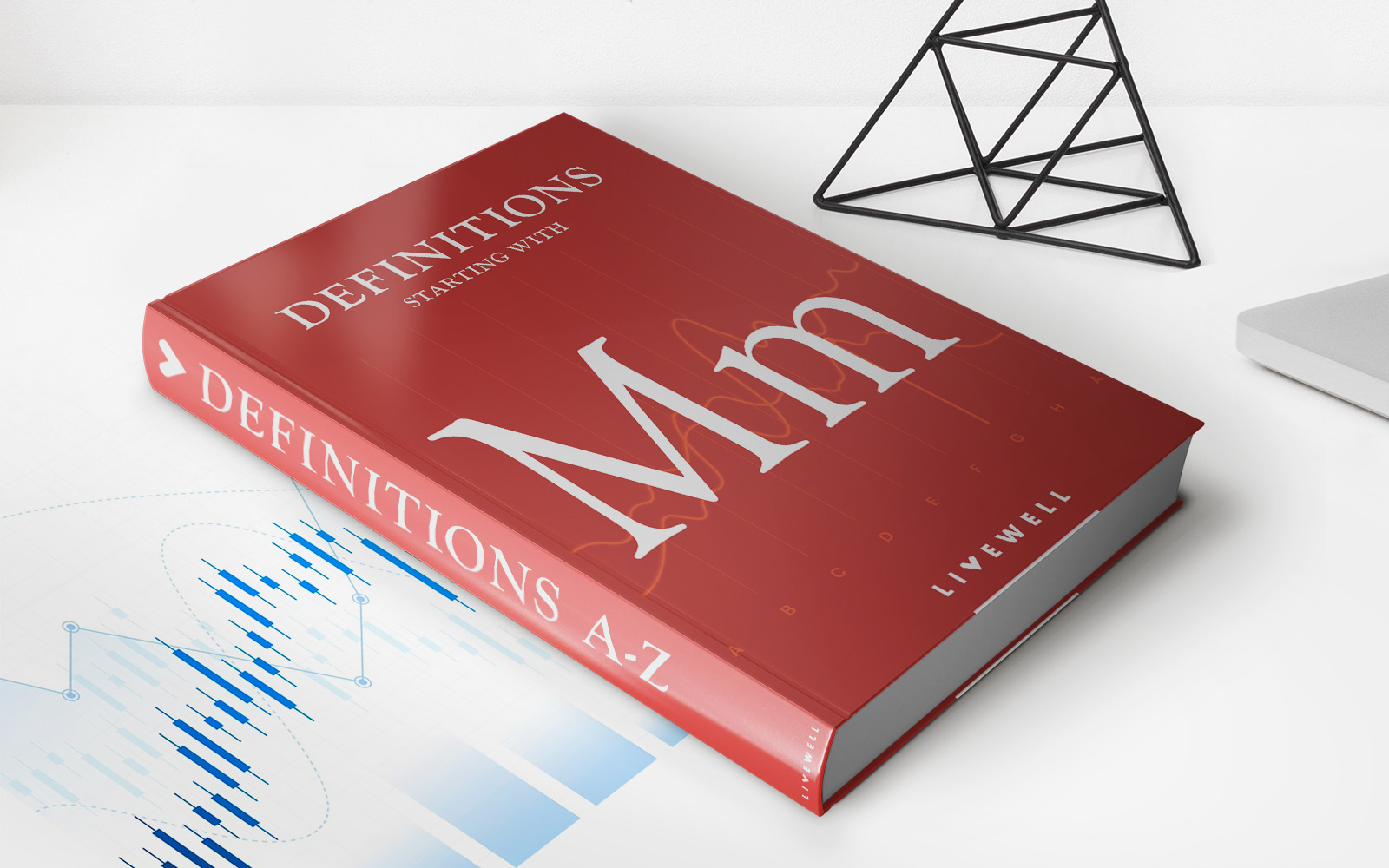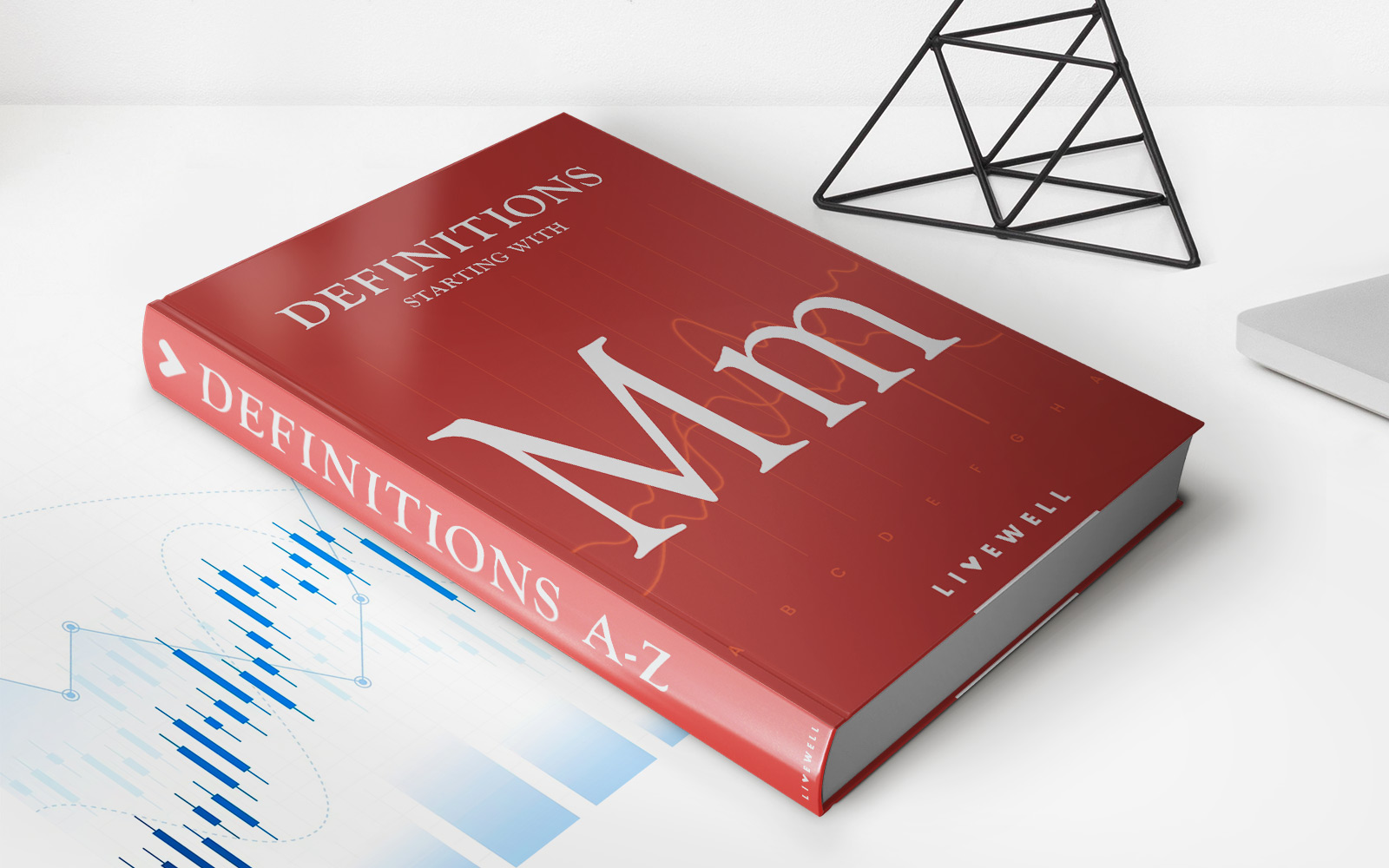Home>Finance>Mortgage-Backed Securities (MBS) Definition: Types Of Investment


Finance
Mortgage-Backed Securities (MBS) Definition: Types Of Investment
Modified: December 30, 2023
Learn about mortgage-backed securities (MBS), their definition, and the various types of investments in the finance sector.
(Many of the links in this article redirect to a specific reviewed product. Your purchase of these products through affiliate links helps to generate commission for LiveWell, at no extra cost. Learn more)
The Ultimate Guide to Mortgage-Backed Securities (MBS)
Are you interested in learning about Mortgage-Backed Securities (MBS)? Look no further! In this blog post, we will provide a comprehensive overview of MBS, including its definition, types, and how it can be a valuable investment opportunity. So, let’s dive right in and explore the world of Mortgage-Backed Securities.
Key Takeaways:
- Mortgage-Backed Securities (MBS) are financial instruments that represent an ownership interest in a pool of mortgage loans.
- Investing in MBS can provide a steady stream of income as well as diversification to a portfolio.
What are Mortgage-Backed Securities?
Mortgage-Backed Securities (MBS) are financial instruments that represent an ownership interest in a pool of mortgage loans. When individuals or businesses take out a mortgage to purchase a property, these mortgages are often bundled together by financial institutions and sold to investors in the form of MBS. Essentially, MBS are bonds backed by real estate mortgages, with the principal and interest payments from the underlying mortgages being the source of income for MBS holders.
Mortgage-Backed Securities can be a valuable investment option for individuals looking to diversify their investment portfolios. By investing in MBS, you can gain exposure to the real estate market without the need to directly own properties. Additionally, MBS can provide a steady stream of income through the monthly interest and principal payments made by homeowners. This makes them particularly attractive to income-seeking investors.
Types of Mortgage-Backed Securities
There are several types of Mortgage-Backed Securities, let’s take a closer look at some of the most common ones:
- Pass-Through Securities: These are the most basic form of MBS. Investors in pass-through securities receive a pro-rata share of the principal and interest payments made by the homeowners in the pool of mortgages. While this type of MBS offers a straightforward cash flow structure, there is prepayment risk as homeowners may repay their mortgages early, affecting the timing and amount of cash flow to investors.
- Collateralized Mortgage Obligations (CMOs): CMOs are structured MBS that divide the cash flows from the underlying mortgages into different tranches. Each tranche has distinct risk and return characteristics, allowing investors to choose the level of risk and potential return that suits their investment objectives. Common tranches include principal-only (PO), interest-only (IO), and principal-interest (PI) tranches.
- Commercial Mortgage-Backed Securities (CMBS): Unlike residential MBS, CMBS are backed by commercial mortgages on properties such as office buildings, hotels, or shopping centers. CMBS offer access to the commercial real estate market and can provide attractive yields for investors seeking diversification.
These are just a few examples of the various types of Mortgage-Backed Securities available to investors. It’s important to conduct thorough research and consider your investment goals before deciding which type of MBS is right for you.
In Conclusion
Mortgage-Backed Securities (MBS) are a unique investment opportunity that provides exposure to the real estate market and offers a steady stream of income to investors. By understanding the different types of MBS and evaluating their suitability for your investment goals, you can make informed decisions and potentially reap the benefits of this asset class. Remember, as with any investment, it is essential to consult with a financial advisor or conduct thorough research before making any investment decisions.














